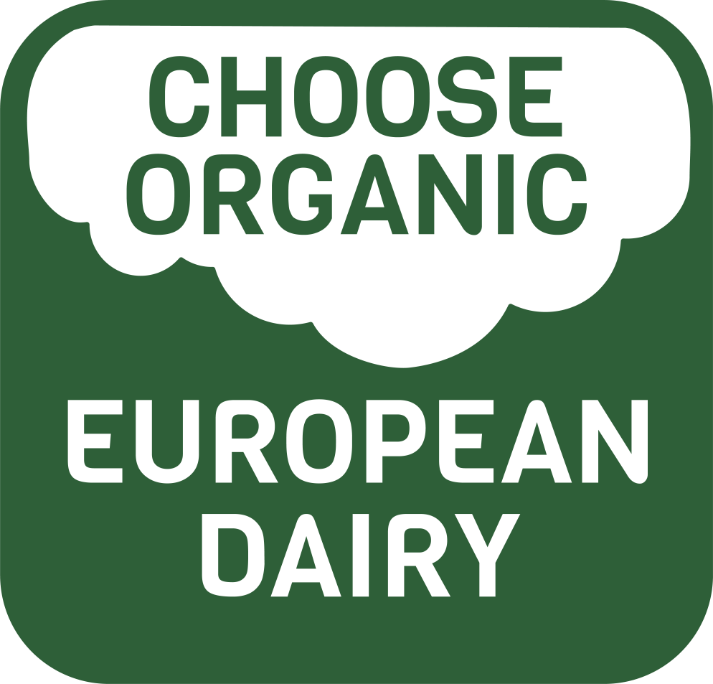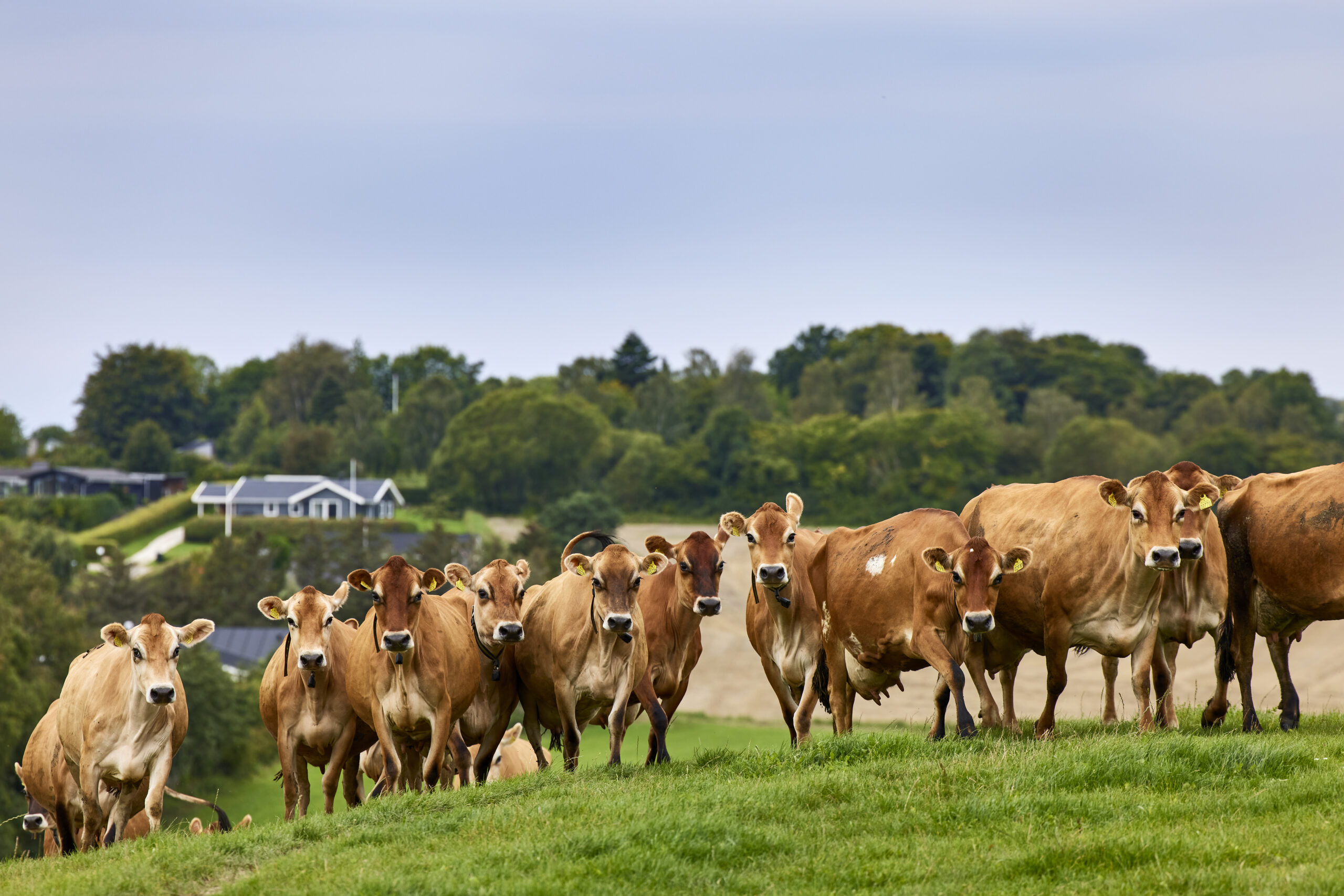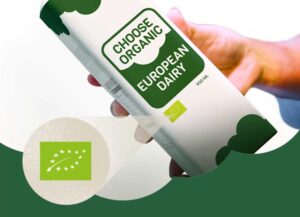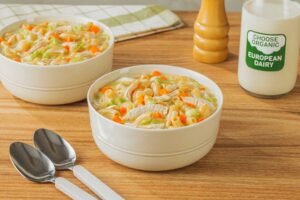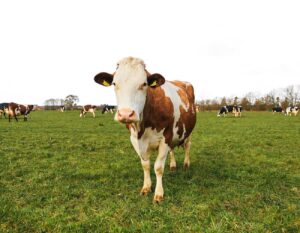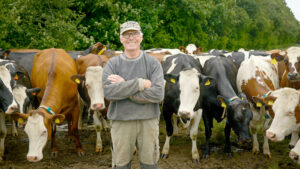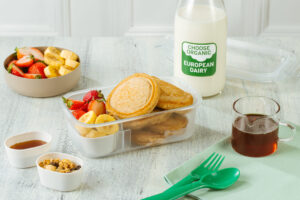Europe has long been a frontrunner in the development and growth of organic agriculture. A century ago, in 1924, European philosopher Dr. Rudolf Steiner called for a farming system that relies on natural biological processes rather than synthetic chemicals.
In the 1970s, organic farming took flight when various organic movements were formed under the International Federation of Organic Agriculture Movements (IFOAM), which established the principles of organic production: ecology, health, fairness, and care. These principles now serve as the foundation for rules and regulations governing organic production.
Learn more: The 4 principles of European organic production
Today, the organic sector continues to innovate, driven by growing consumer demand for more nutritious food options and greater transparency in how products are sourced and made.
Before high-quality, nutritious milk or cheese reaches our tables, it goes through a production process that adheres to rigorous standards that embrace sustainability, ecological balance, and biodiversity preservation.
Let’s learn more.
The EU Organic standards
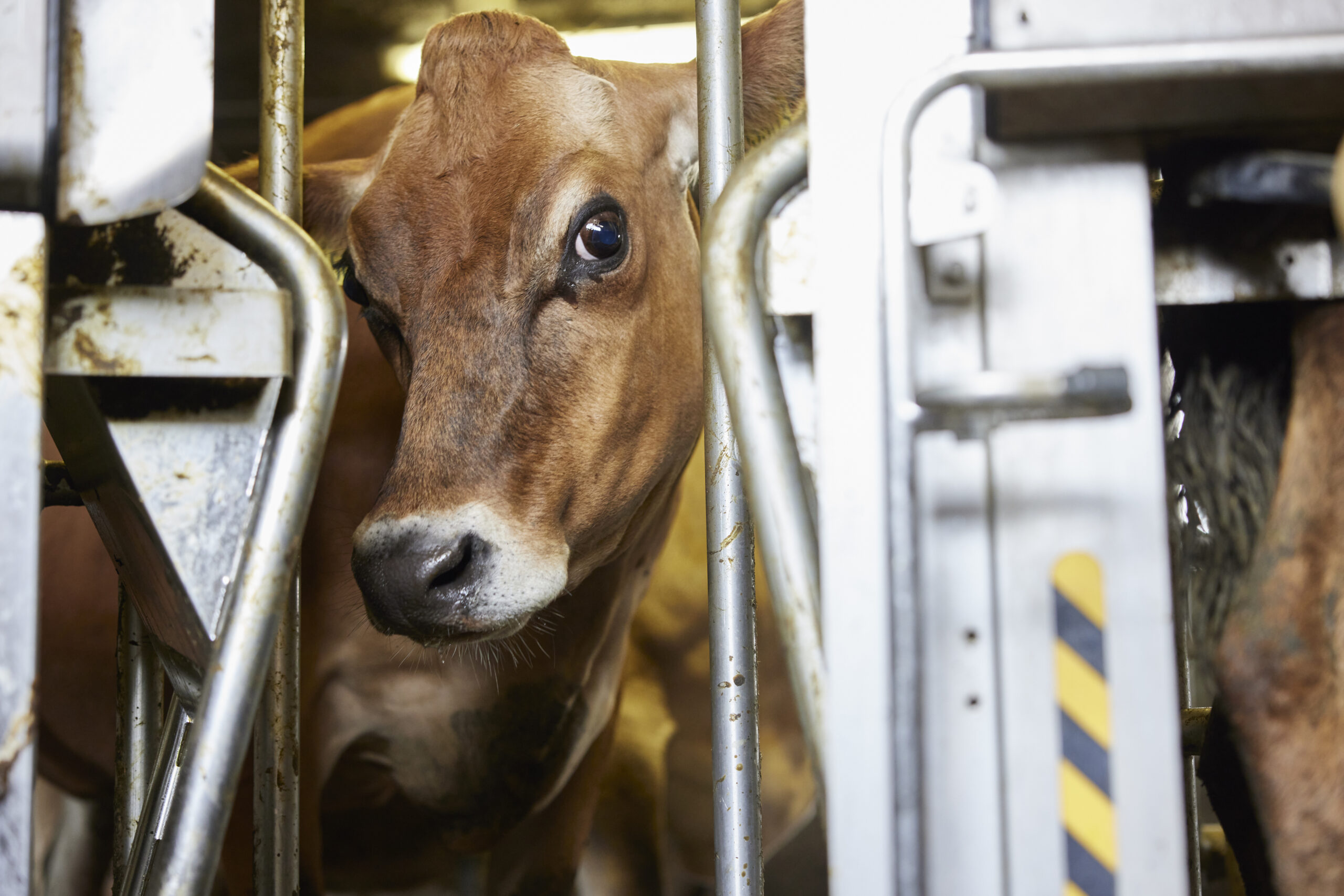
In Europe, each organic farm must follow sustainable farming practices mandated by the European Union (EU). This is to ensure every organic dairy product is produced according to strict standards, including:
- A minimum of 95% organic ingredients to be certified as organic
- Strict prohibition of artificial flavorings, colorants, sweeteners, or genetically modified organisms (GMOs)
- Strict limitations on synthetic fertilizers and chemical pesticides
To comply with these regulations, all organic farms, suppliers, and food companies must undergo thorough annual inspection by regulatory bodies.
A look inside European organic farms
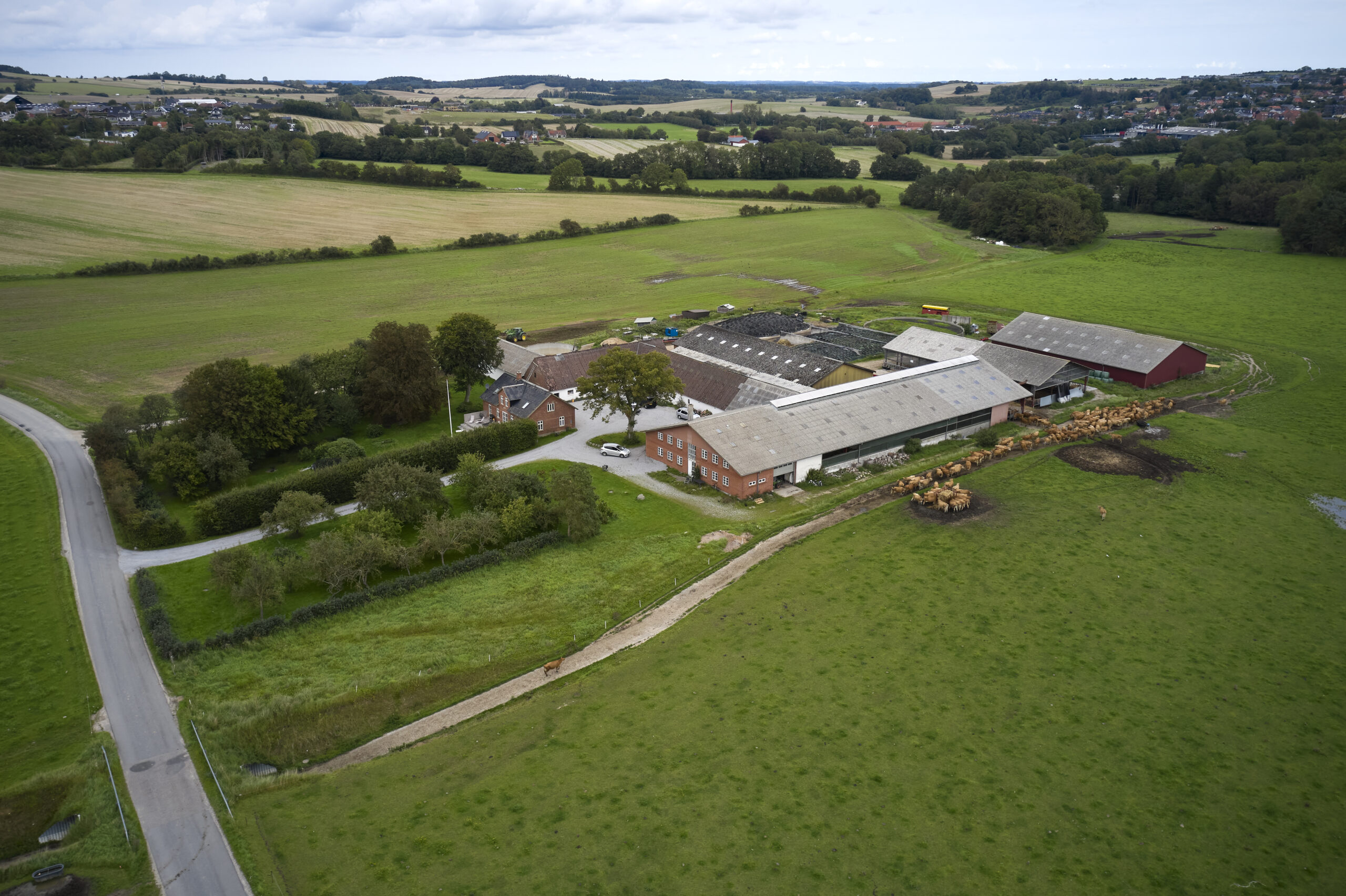
Animal welfare stands at the center of European organic dairy production. On organic farms, cows are raised in natural conditions with the freedom to roam and graze in lush green pastures. They are fed with 100% organic feed that’s completely free from antibiotics, drugs, and hormones.
The cows also receive the best treatment and comfort. Inside barns, ventilation fans are placed to regulate temperature and reduce stress. Cows also have water mattresses to lay on and brushes for gentle grooming. These thoughtful amenities ensure the cows live in a stress-free environment, helping them produce high-quality milk.
This focus on comfort explains why cows on organic farms can voluntarily walk into automated machines for gentle milk extraction. In European organic dairy production, cows are handled with care, making sure they feel safe and comfortable throughout the milking process. This assures consumers that their organic dairy products come from healthy and happy cows.
How Denmark leads the way in organic dairy production
Denmark is a pioneer in organic production. It is the first country in the world to introduce organic legislation in 1987, and it was also the first to establish government organic control – a guarantee that all stakeholders from farm to table comply with organic standards.
Danish farmers go the extra mile in implementing organic dairy production standards. They also use digital systems to monitor cow health and ensure consistent, high-quality milk production. Check out the video below to learn more.
Identifying authentic organic European dairy products
Products that are Certified European Organic display the EU Organic label, a green flag with a leaf formed by 12 white stars. This logo serves as a visual guarantee that a product meets the EU’s organic farming standards. So, the next time you shop, look for the EU Organic logo to make sure you’re buying authentic organic European dairy.
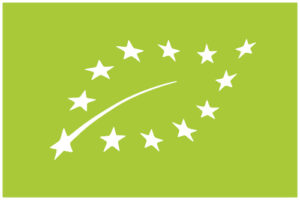
Learn more about the EU Organic logo here.
Why choose organic European dairy
Choosing organic dairy may seem like a small change, but it has a big impact. Organic food in general is produced sustainably and with high standards of care. By buying organic, you’re advocating for food production practices that are safe for our planet, communities, and animals.
Looking at the bigger picture, going organic inspires positive change that ripples through our food system – benefiting not only you and your families, but also contributint to the well-being of future generations.
